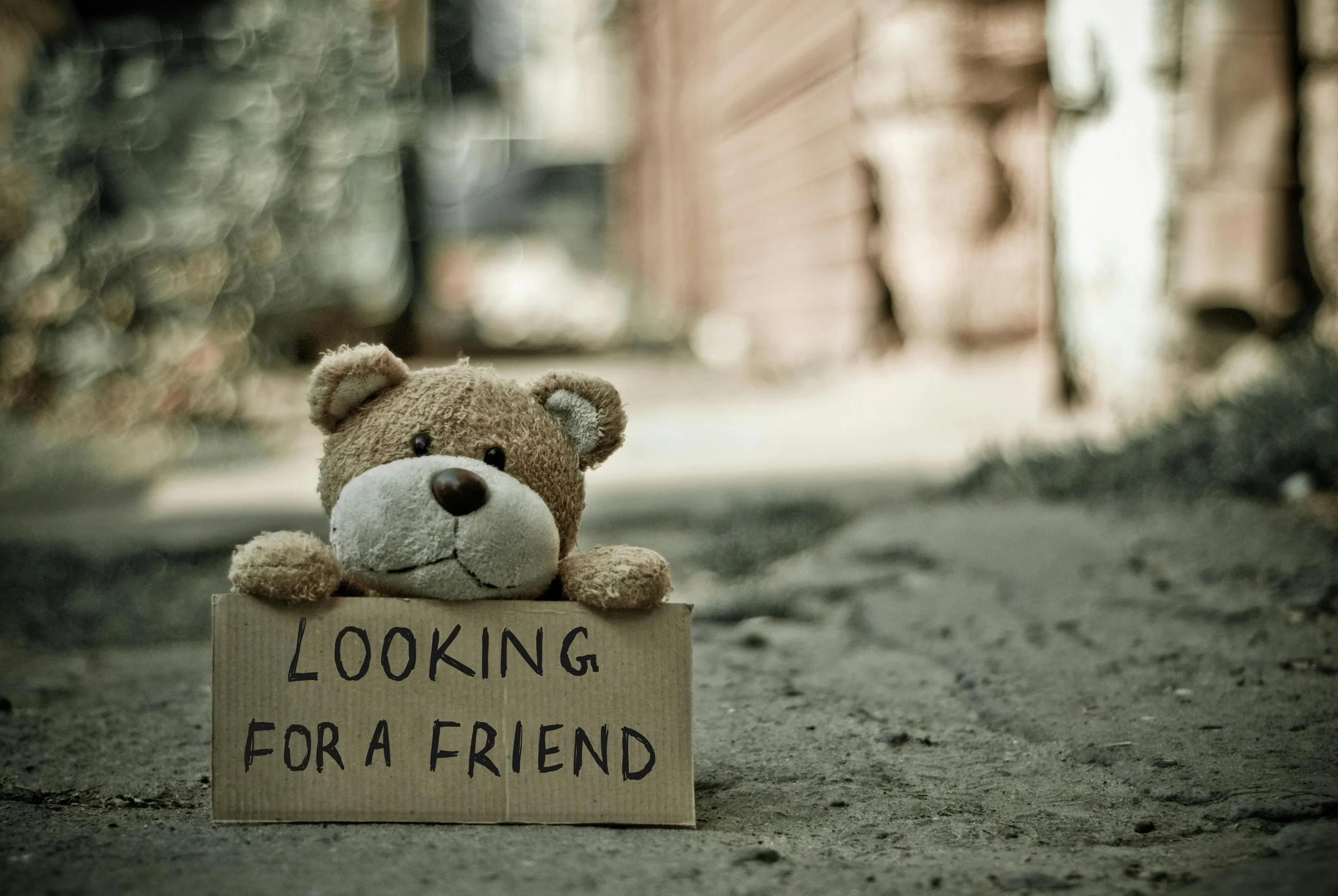Welcome to the
Hope in Healing Therapy Blog
The material on the Site is provided for educational purposes only, and is not to be used for medical advice, diagnosis, or treatment. Use of the Site is subject to our Terms.
where we share practical guidance on managing stress and anxiety, improving communication in relationships, navigating life transitions and grief, and balancing the demands of career and personal life.
As a licensed therapist, I write with a systems-based perspective to help you grow, heal, and strengthen your connections.
Search for a subject or select from the category list to the right.

Reconnecting After the Holidays: How Couples Counseling Brings You Back Together
If the new year is inviting you to reconnect rather than repeat old patterns, couples counseling may be a meaningful next step.

New Year, New You? How Individual Therapy Helps You Create Real Change
Every January brings fresh hope, quiet pressure, and a longing for real change. But meaningful transformation rarely comes from willpower alone. That is where individual counseling can help.

Navigating the Holidays Alone: Coping with Grief and Anxiety
Spending the holidays alone can trigger grief, loneliness, and holiday anxiety. Learn practical strategies to stay connected, practice self-care, and manage emotional stress during the holiday season..

How to Navigate the Holidays When You Have Anxiety
Holiday gatherings can bring joy but they can also heighten anxiety, especially when family dynamics, expectations, or old roles resurface. Anxiety is not a flaw, it’s a protective system helping you navigate complex emotions. With intentional strategies, safe boundaries, and selective connection, you can stay engaged without losing yourself. This blog offers practical, relationally-informed guidance for managing holiday anxiety and maintaining emotional balance.

How to Find a Good Online Therapist in Virginia, Maryland, Florida, or Connecticut
Finding the right online therapist can feel overwhelming with so many choices out there. Whether you live in Virginia, Maryland, Florida, or Connecticut, knowing what to look for makes the process easier. In this post, I share practical steps to identify a therapist who fits your goals, lifestyle, and busy schedule.

Why Discomfort Matters: The Cost of Avoiding Curiosity and Conflict
Many people today avoid discomfort, shutting down curiosity and vulnerability in relationships and life. This blog explores why leaning into tension is essential for emotional growth, deeper connections, and personal resilience—and offers practical steps to engage with discomfort in safe, constructive ways.

When Belonging Blurs Our Thinking: How to Stay Grounded in a Loud World
Our identities shape how we feel, who we connect with, and how we respond to the world. From sports fandom and celebrity culture to politics, belonging can bring comfort but also tension, anxiety, and grief when our groups shift. This blog explores social identity theory, layered identities, and practical strategies for navigating change while thinking critically and staying grounded.

Do People Only Want Me for What I Do? Anxiety, People Pleasing, and Transactional Thinking
Are you a people pleaser? Explore how anxiety fuels transactional thinking and what you can do to create authentic, stress-free relationships.

Respected at Work, Overlooked at Home: Why Rules Don’t Translate
It’s one of the most common frustrations in a working household. So why does respect show up so differently across these two worlds?

Why Online Therapy is a Game Changer for Busy Professionals in Virginia and Maryland
Online therapy makes it possible to get meaningful support without stepping away from your demanding career. Whether you are a lawyer, doctor, or corporate professional in Virginia or Maryland, virtual counseling offers flexibility, privacy, and results that fit your lifestyle. Discover how online therapy can help you find balance and clarity no matter how busy life gets.

Fear, Labels, and Listening: What We Lose When Fear Leads the Conversation
In moments of national tension, fear often drives us further into our labels and away from each other. I recently tried to have an honest conversation about these divisions with one of my closest friends, only to feel his guardedness—and my own struggle to connect—get in the way. What I’ve been noticing, both personally and in my work with clients, is how fear of being misunderstood, losing identity, or facing the unknown makes real dialogue nearly impossible. If we can first acknowledge that fear, and understand our own values, we can begin to listen to each other with more compassion.

The Fallout We Don’t Talk About: When Friendships Go Silent After Conflict
Friendship endings rarely come with warning labels. Sometimes they don’t even come with words. One day you’re sharing laughs and inside jokes, and the next… there’s silence. No blow-up. No dramatic goodbye. Just unanswered texts and a slow fade that feels like an open wound you can’t close.
This kind of loss doesn’t get the recognition it deserves, yet it lingers in our bodies and minds. We replay conversations, wonder what went wrong, and struggle with the haunting uncertainty of Did I matter? Did it mean as much to them as it did to me?
The truth is, friendship silence is its own kind of grief, a confusing, ambiguous loss that has no ritual, no script, and no roadmap. And while we don’t talk about it enough, family systems theory gives us language for the ache and even some tools for healing.

When You Leave… and No One Follows: The Quiet Pain of One-Sided Relationships After a Transition
Feeling erased after leaving a job or community? Learn how ambiguous grief, imposter syndrome, and systems thinking can help you understand and heal.

Bare Minimum or Princess Treatment? Why Relationship “Standards” Are About More Than Flowers
The internet’s debating what counts as the “bare minimum” or “princess treatment” in relationships. But the real flex? Talking openly about your needs. In this blog, I break down how to have healthy, playful conversations about expectations, even when it feels awkward. Plus, how couples can co-create relationship guidelines that actually work!

When Saying Yes Means Losing Yourself: How People-Pleasing Hides Anxiety (and Hurts Relationships!)
People-pleasing can feel like love, loyalty, or support — but it’s often a short-term strategy for managing anxiety. And the cost? Your energy, your voice, and your trust in your own boundaries. This blog explores what it really means to say yes — and how to stop pleasing at the expense of yourself.

